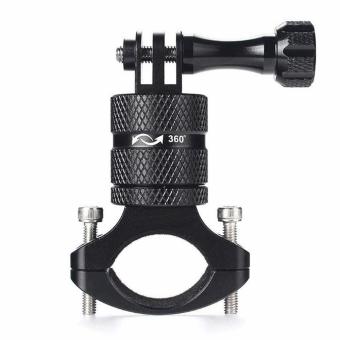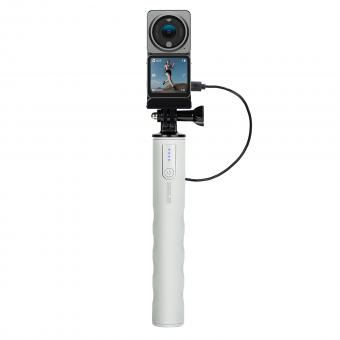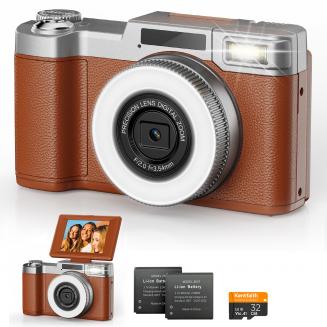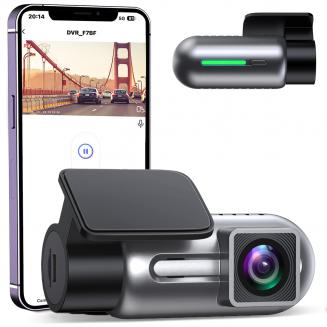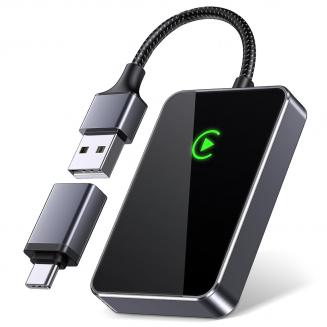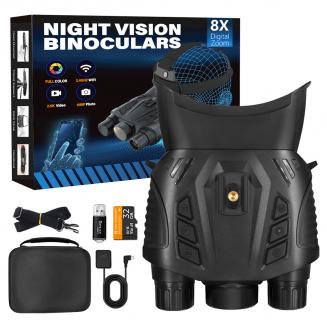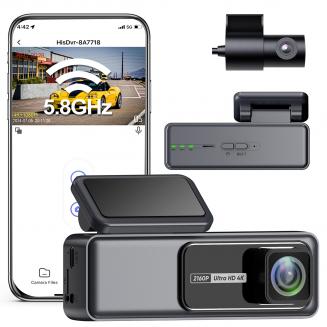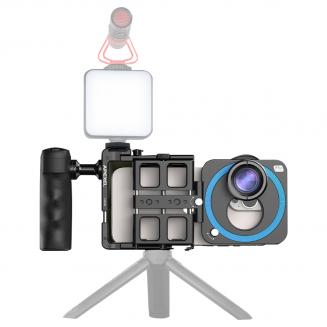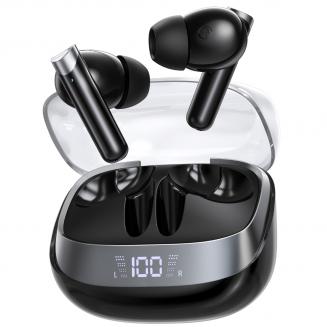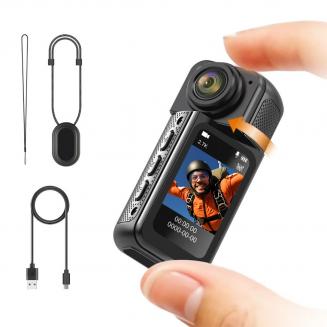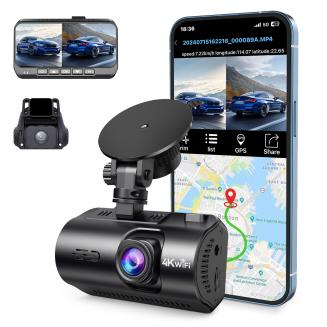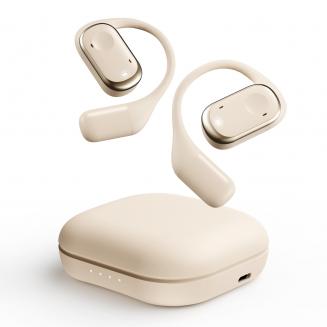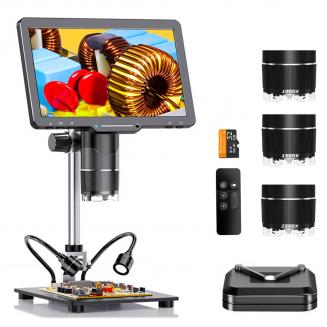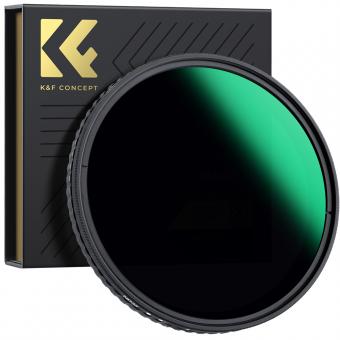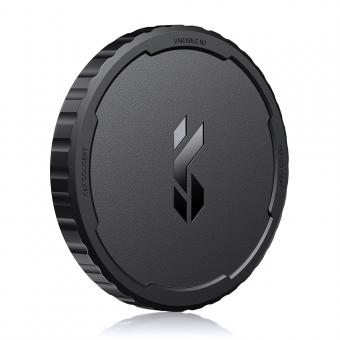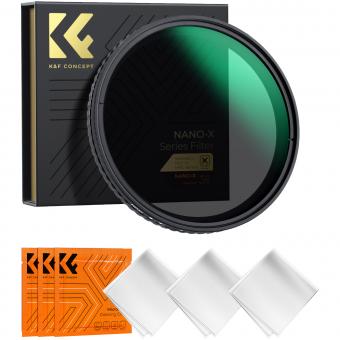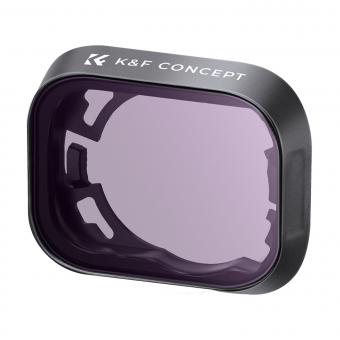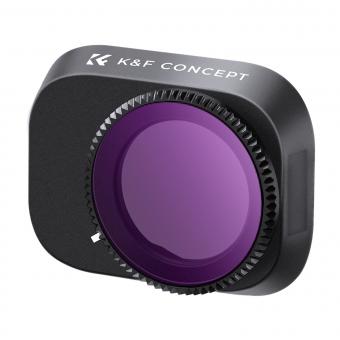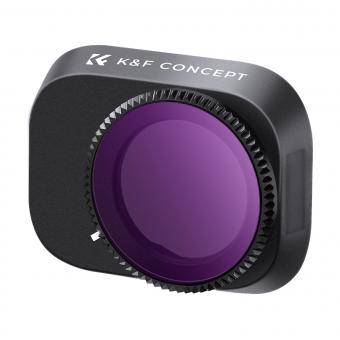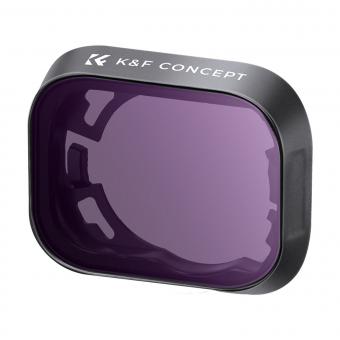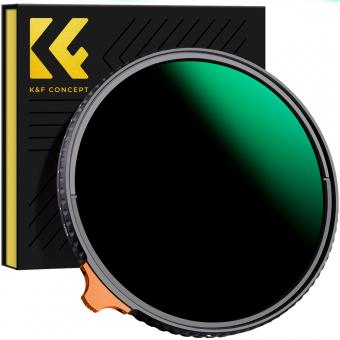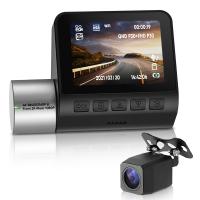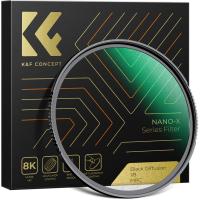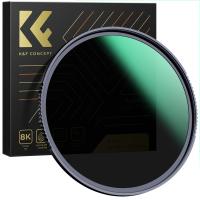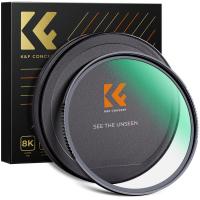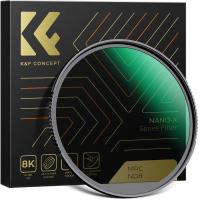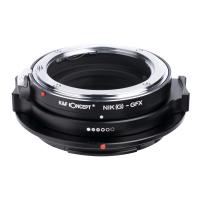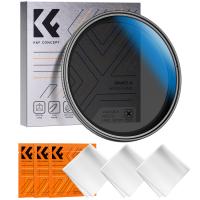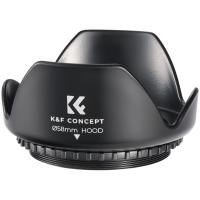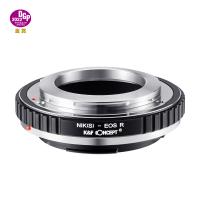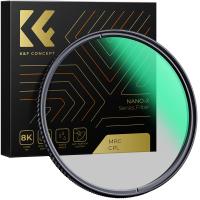Money back guarantee
DJI Osmo Action 3 Filter Kit 4pcs HD (ND8&PL+ND16&PL+ND32&PL+ND64&PL) with Single-sided Anti-reflection Green Film
Out Of Stock
Product Unavailable
No Cancellation Fee
C$62.99
C$69.99
Tax Free
Buy 3 Get 8% OFF
Buy 5 Get 12% OFF
Buy8 Get 15% OFF
Buy 5 Get 12% OFF
Buy8 Get 15% OFF
&FREE Shipping to Canada
Buy 3 Get 8% OFF
Buy 5 Get 12% OFF
Buy8 Get 15% OFF
Buy 5 Get 12% OFF
Buy8 Get 15% OFF
Features
- * 【ND/PL Filter Kit】This 4-pack ND CPL 2-in-1 Filter kit specially designed for DJI Osmo Action 3 Camera.
- * 【HD Optical Glass】This ND/PL filter kit is made of HD AGC optical glass, a total of 28 multi-layer coatings, effectively reducing reflection from the filter itself and glare, ensuring a high-quality image.
- * 【Hydrophobic & Scratch Resistant】Both glass sides of K&F Concept ND filter with multi-layer hydrophobic, oil-proof, and scratch-resistant coating, protecting the camera lens from all around.
- * 【Filter function】CPL Reduces glare and improve saturation: CPL filters are good for sky, water and leaves; ND filters reduce the amount of light entering the sensor, so you can better control the settings for camera aperture, exposure time and sensor sensitivity.
- * 【Quick Release Design】Easy to assemble,fit well for gimbal,sturdy and firm
Related Products
C$62.99
Shipping
&FREE Shipping to Canada
Sale
Buy 3 Get 8% OFF
Buy 5 Get 12% OFF
Buy8 Get 15% OFF
Buy 5 Get 12% OFF
Buy8 Get 15% OFF
Accessories
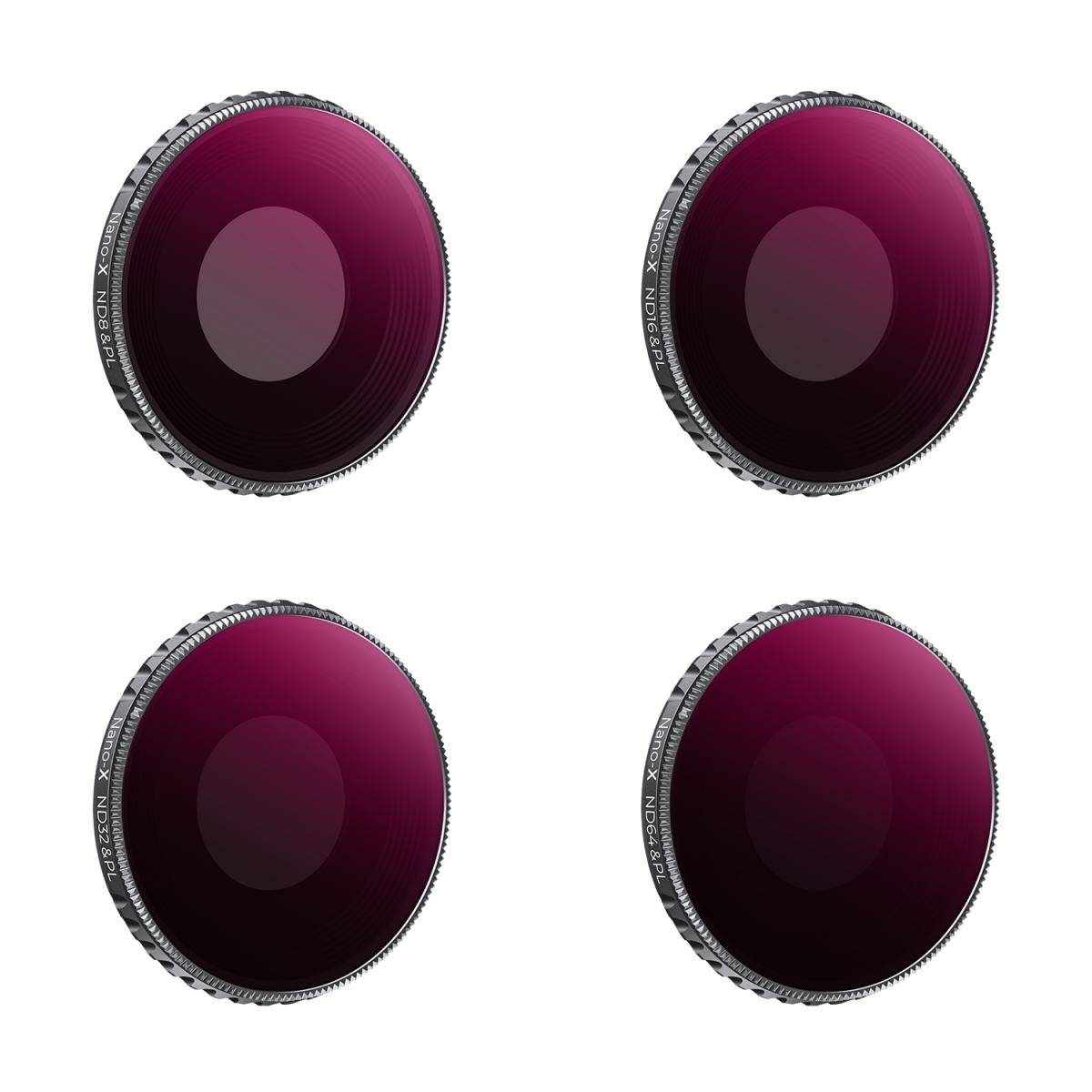
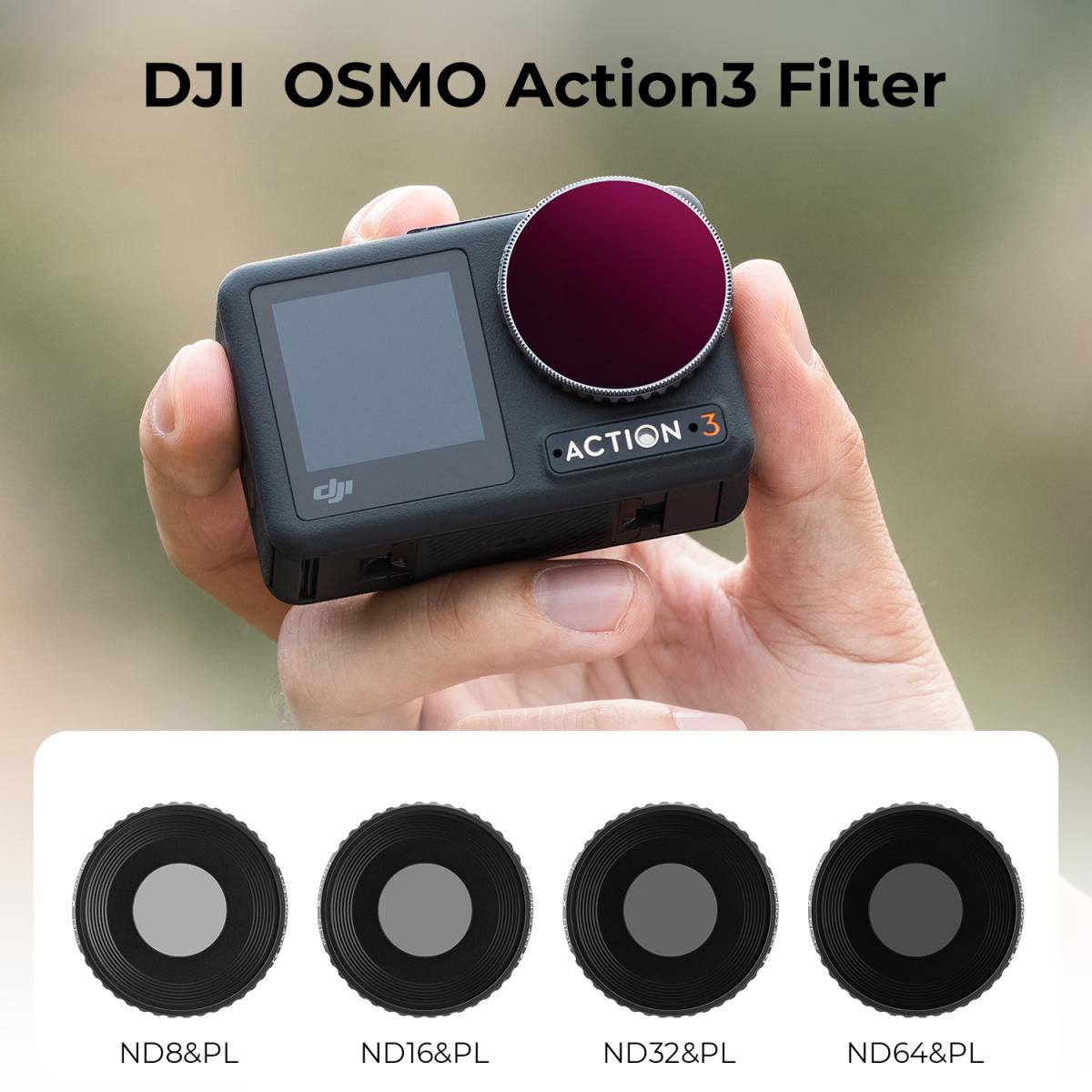
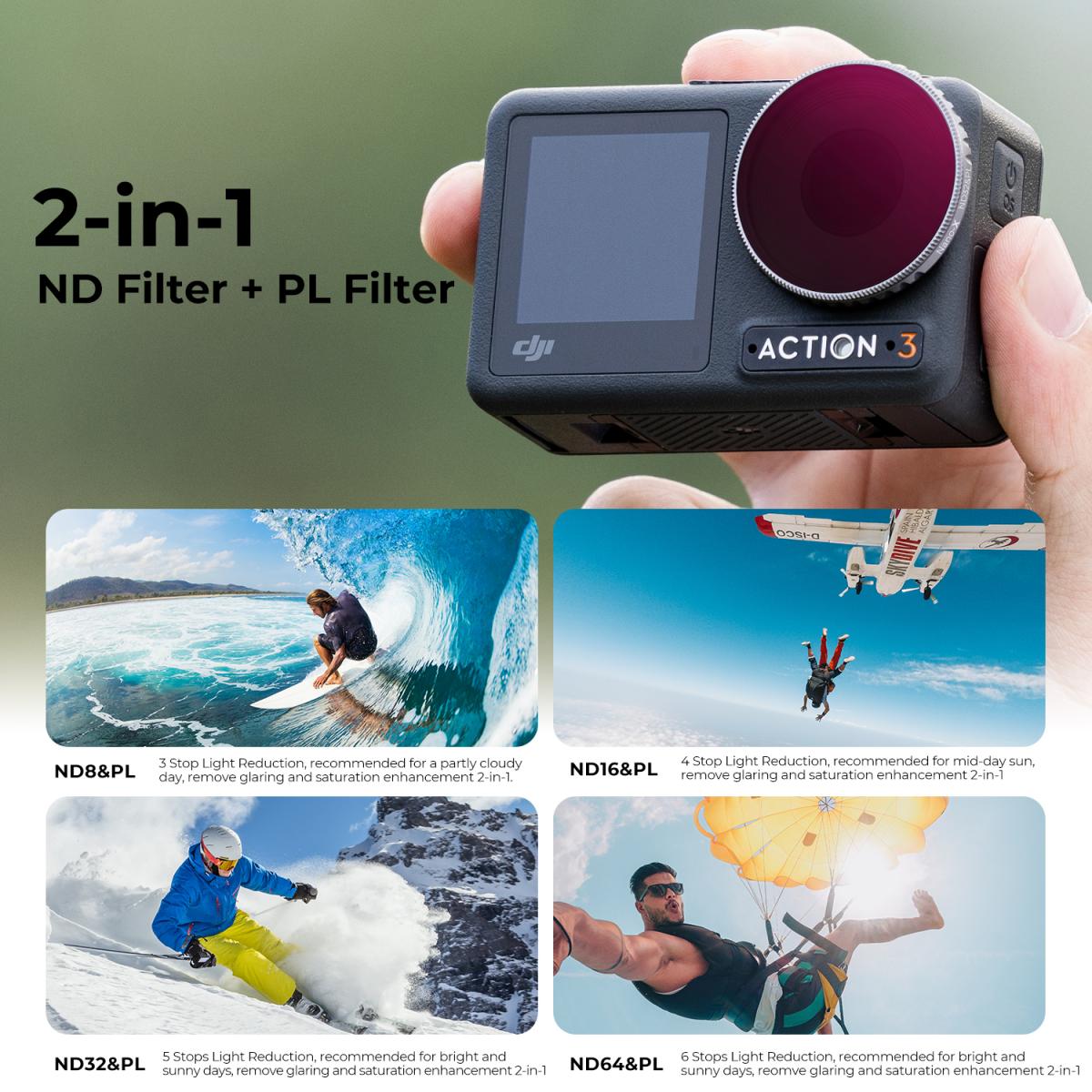
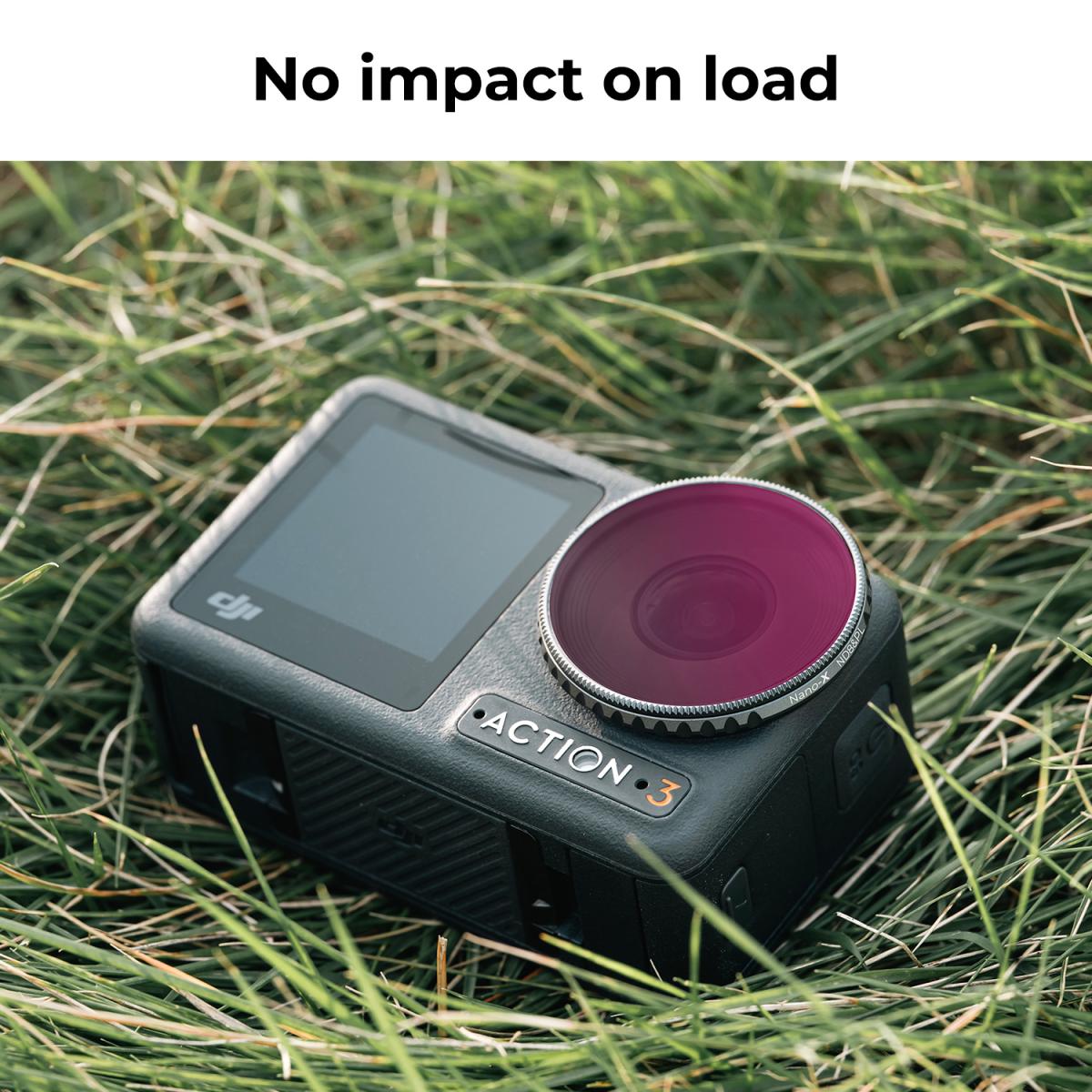
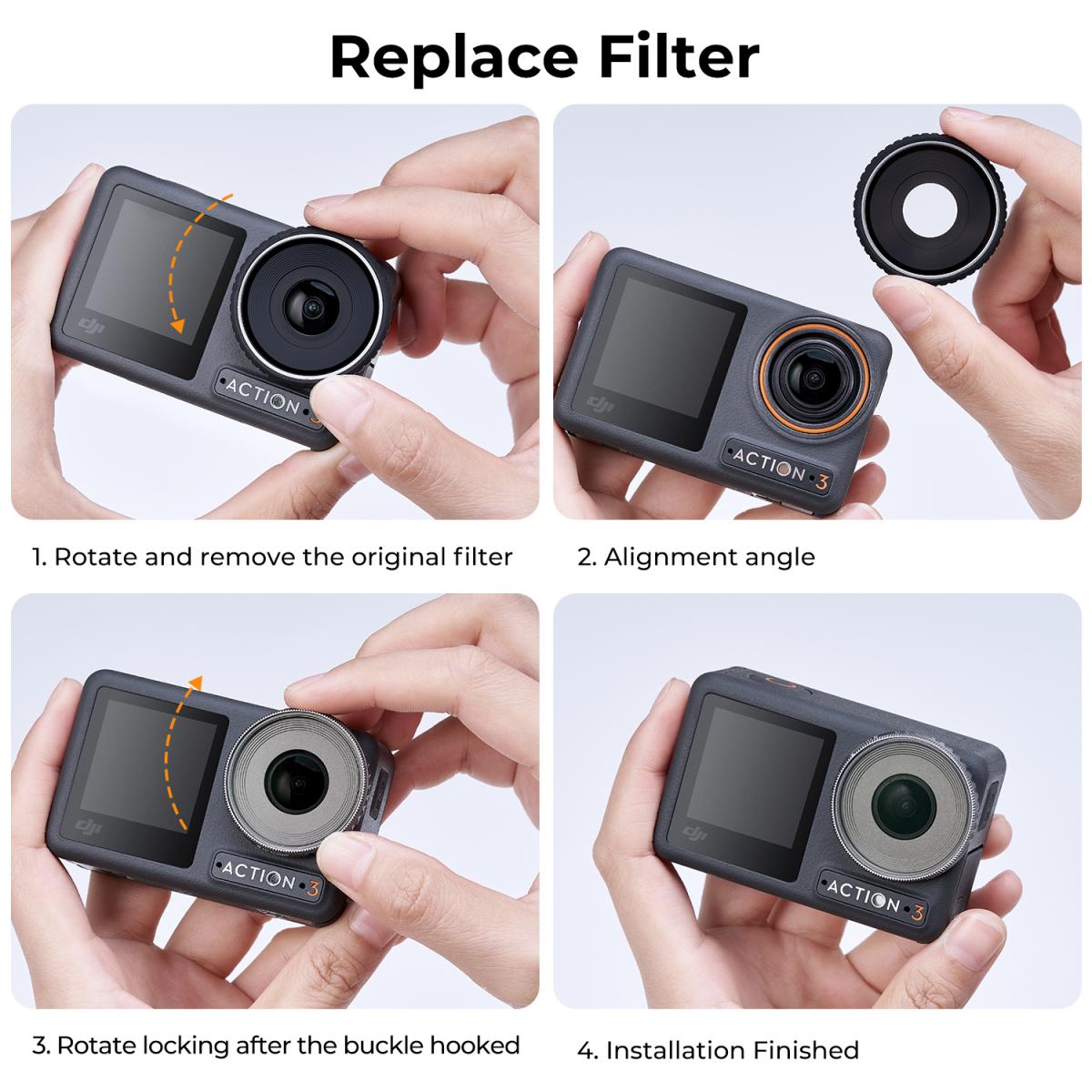
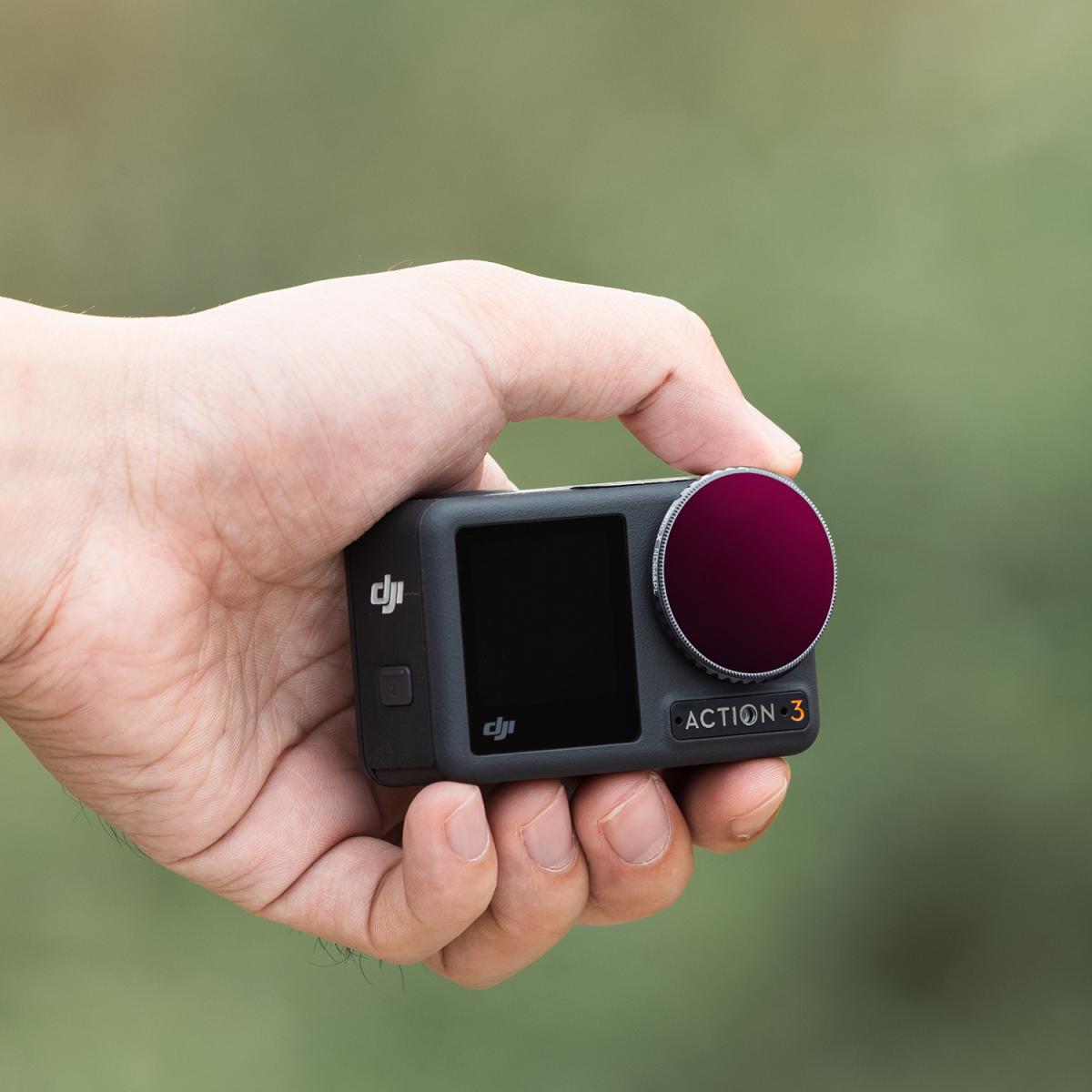
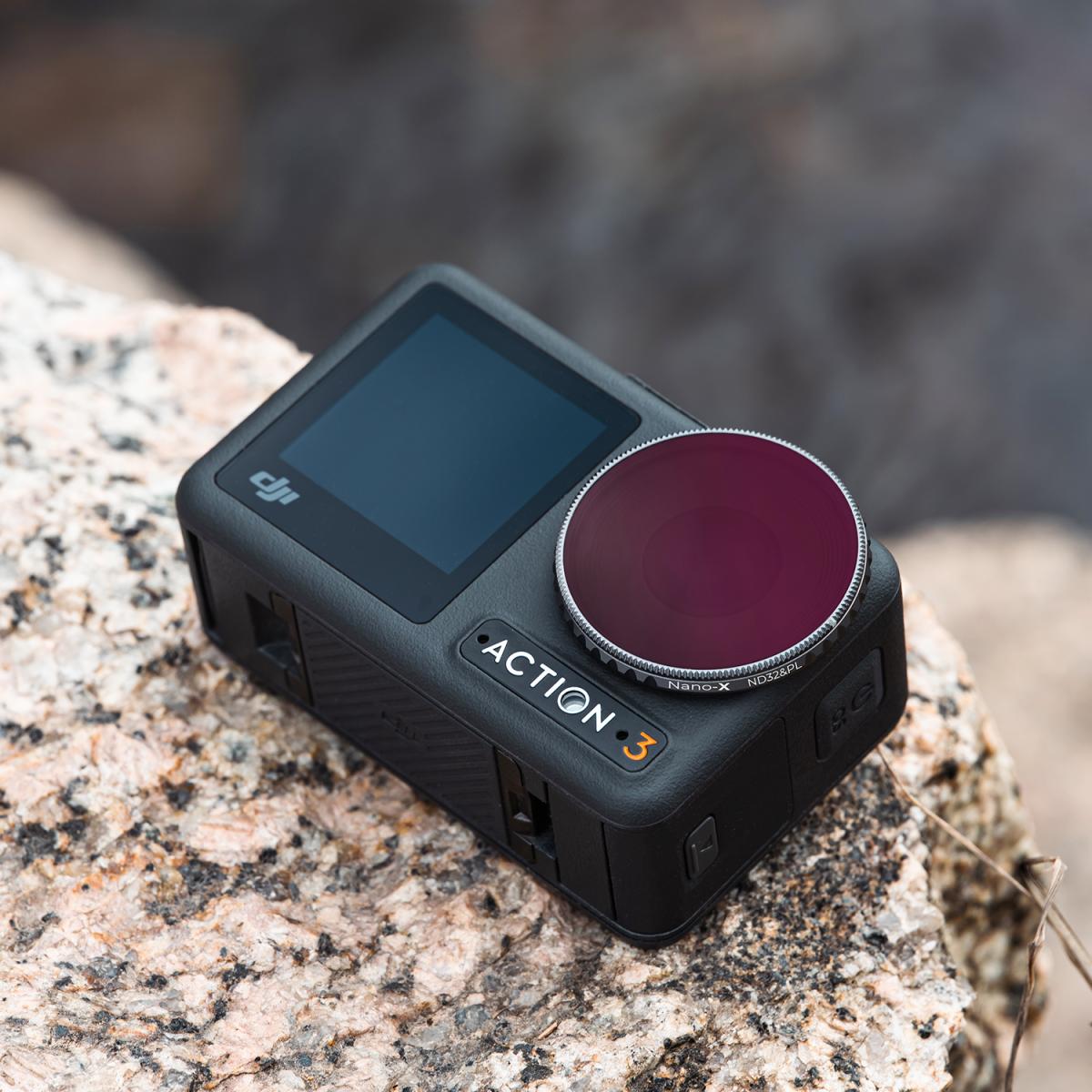
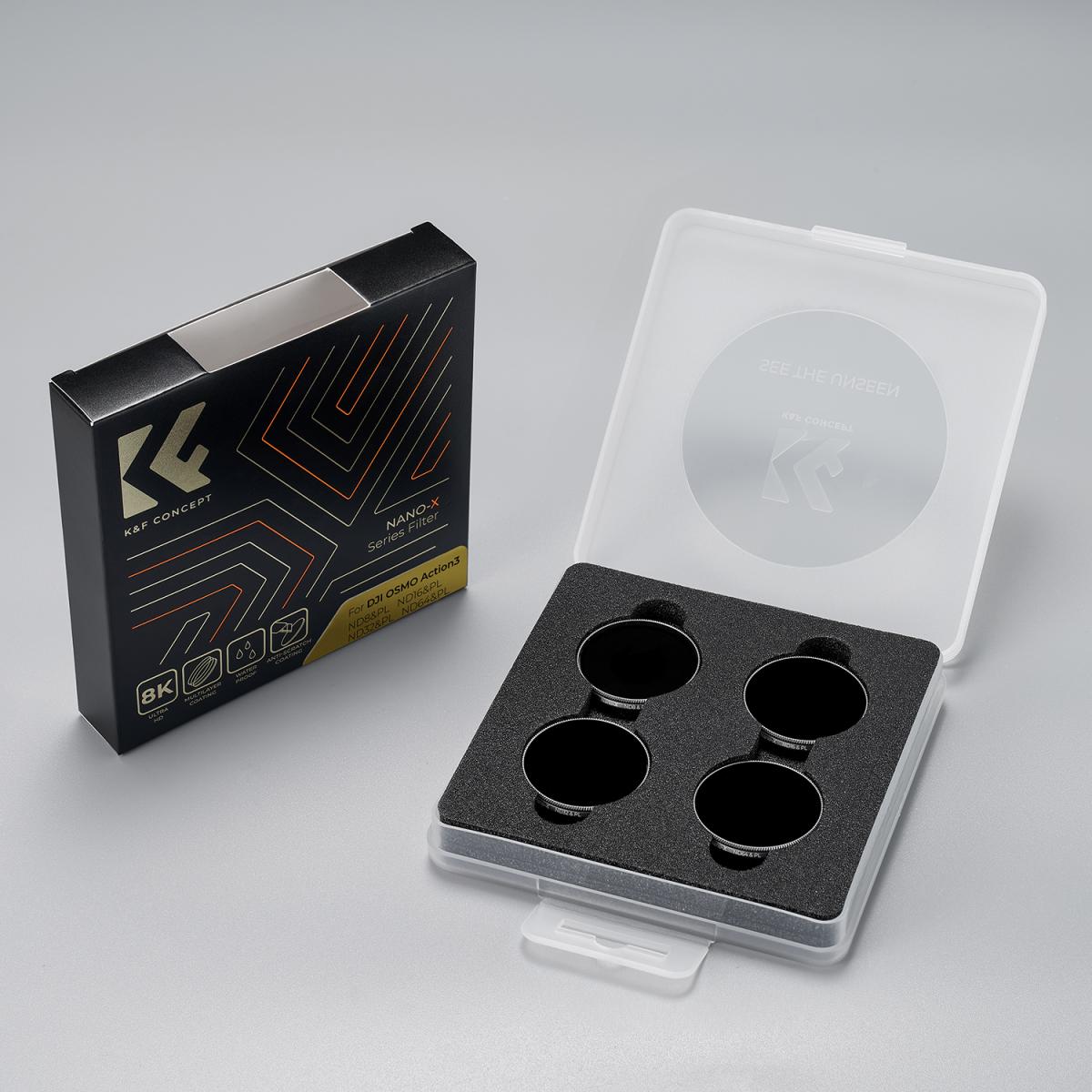
Reviews (20)
- All Reviews
- Image
Very good quality top ND filters for the Osmo Action 3
I simply copied the complete text from my YouTube video for you. Who prefers to see the video "Dji Osmo Action 3 I without ND filter in automatic mode and in PRO mode?" Enter on YouTube. Why do you need filters? It's a valid question, of course, who hasn't asked themselves that? I think everyone has stumbled across this topic and this question... The answer to this is very simple and surprising in view of this video - No, you don't need filters on a camera, it works without it...***but...It would be more an advantage as a disadvantage to have and use some. Anyone who works a lot on the water and beach, like me, or of course, like most of you, vacations there, quickly learns to appreciate filters. First, they are a very good protection against dust or sand from the beach. Of course, a filter also protects the lens, the lens in the camera. So much for the obvious, but the main job of a filter is to let less light through onto the sensor, it's like putting sunglasses on the camera. This has the advantage that you can get longer exposure times. It helps the camera to adjust and react faster in automatic mode when controlling the exposure time or white balance. Or if you prefer to work in Pro mode, you will quickly find that the exposure, the shutter, generally works better. In general, filters make the water smoother, and there are also fewer reflections. Or if you take great landscape shots, the sky immediately looks a little bluer. Filters also enhance the colors generally, making them more vibrant. DJI has, in my opinion, excellent colors and that in connection with a filter automatically makes the recordings **//LVL UP. This saves you having to color the film material because it comes out of the camera almost finished. Of course, the full professionals among you have other requirements and such, but I'm talking here for the normal user, like you and me... There are different ND filters. It starts **in my set at ND 4 and goes up to ND32. The ND4 filter lets only ¼ of the light through to the sensor and the ND32 filter 1/32. I use my filters like this... in the morning ND4, towards noon ND8, noon to afternoon ND16 and afternoon to late afternoon when the sun is very high ND32, and then in the evening just before the golden hour I go down again with the filter strengths. Over time, you get the hang of when and where which filter is best used, it's not witchcraft, even if many want you to believe it. Especially in summer or in winter with snow, I think it should at least be almost mandatory to have an ND filter with you to have. If you like to film in Pro mode and work a lot with it, it is almost a must to work with filters alone because otherwise you cannot work with exposures in a meaningful way.... Especially in summer or in winter when there is snow, I think it should at least be almost mandatory to have ND filters with you. If you like to film in Pro mode and work a lot with it, it is almost a must to work with filters alone because otherwise you cannot work with exposures in a meaningful way.... Especially in summer or in winter when there is snow, I think it should at least be almost mandatory to have ND filters with you. If you like to film in Pro mode and work a lot with it, it is almost a must to work with filters alone because otherwise you cannot work with exposures in a meaningful way....
05/05/2023
Lots of useful lens accessories at a very attractive price.
Still to test the filters in the field but this kit already solves several problems and for me it's worth the price in itself.
Any ND beginner's guide will tell you to only get the largest circular filters and a set of step-up rings for smaller diameter lenses, but what about the lens hood? They never mention this problem. Well I stack a CPL and an ND filter for filming and try that with the standard lens hood that came with your lens. This kit includes a plastic "petal" and a collapsible rubber - both allow you to fit your hood in front of your filters. And lens shades aren't just meant to give you that "pro" look. They prevent stray light from hitting your glass - something that causes terrible flare in many lighting situations. There's a reason why the "big boys" use special cages and matte boxes with flaps and "flags" and "barn doors" and the like. However, I prefer to travel light and these two hoods solve all that for me. The rubberized one is particularly useful when shooting through windows - you can eliminate any reflections in the glass that would otherwise give you too many artifacts for your shots to be good. Or you could get a "black sheet" that you tape around your lens - many do to shade against flare in situations like this. when shooting through windows - you can eliminate any reflections in the glass which would otherwise give you too many artifacts for your shots to be good. Or you could get a "black sheet" that you tape around your lens - many do to shade against flare in situations like this. when shooting through windows - you can eliminate any reflections in the glass which would otherwise give you too many artifacts for your shots to be good. Or you could get a "black sheet" that you tape around your lens - many do to shade against flare in situations like this.
Any ND beginner's guide will tell you to only get the largest circular filters and a set of step-up rings for smaller diameter lenses, but what about the lens hood? They never mention this problem. Well I stack a CPL and an ND filter for filming and try that with the standard lens hood that came with your lens. This kit includes a plastic "petal" and a collapsible rubber - both allow you to fit your hood in front of your filters. And lens shades aren't just meant to give you that "pro" look. They prevent stray light from hitting your glass - something that causes terrible flare in many lighting situations. There's a reason why the "big boys" use special cages and matte boxes with flaps and "flags" and "barn doors" and the like. However, I prefer to travel light and these two hoods solve all that for me. The rubberized one is particularly useful when shooting through windows - you can eliminate any reflections in the glass that would otherwise give you too many artifacts for your shots to be good. Or you could get a "black sheet" that you tape around your lens - many do to shade against flare in situations like this. when shooting through windows - you can eliminate any reflections in the glass which would otherwise give you too many artifacts for your shots to be good. Or you could get a "black sheet" that you tape around your lens - many do to shade against flare in situations like this. when shooting through windows - you can eliminate any reflections in the glass which would otherwise give you too many artifacts for your shots to be good. Or you could get a "black sheet" that you tape around your lens - many do to shade against flare in situations like this.
04/05/2023
Great addition to the Osmo
ND filters cause the image to "darken" in order to be able to film at medium exposure rates or larger apertures.
The Osmo Action is of course not a film camera, so I wouldn't say here that NDs are a must - but if you want to film primarily in the SLOG profiles, want to experiment with long exposure (even in the light), try time-lapse recordings or in the snow sun is on the way, he should think about it.
You definitely can't go wrong with the K&F Concept Set. The filters are of incredibly high quality and come in a custom-made case. The case can be closed securely and is flat enough to be stowed in a backpack.
The filters can be changed quickly, which is important because of course you need a different one in the twilight than in the midday sun.
Incidentally, a highlight is the anti-reflective filter, which filters out reflections in the snow or on the water surface, for example. You really get a new perspective with him, which is fun.
The Osmo Action is of course not a film camera, so I wouldn't say here that NDs are a must - but if you want to film primarily in the SLOG profiles, want to experiment with long exposure (even in the light), try time-lapse recordings or in the snow sun is on the way, he should think about it.
You definitely can't go wrong with the K&F Concept Set. The filters are of incredibly high quality and come in a custom-made case. The case can be closed securely and is flat enough to be stowed in a backpack.
The filters can be changed quickly, which is important because of course you need a different one in the twilight than in the midday sun.
Incidentally, a highlight is the anti-reflective filter, which filters out reflections in the snow or on the water surface, for example. You really get a new perspective with him, which is fun.
03/05/2023
Very good quality top ND filters for the Osmo Action 3
Why do you need filters? It's a valid question, of course, who hasn't asked themselves that? I think everyone has stumbled across this topic and this question... The answer to this is very simple and surprising in view of this video - no, you don't need filters on a camera, it works without them... but it would be more of an advantage than a disadvantage which to have and use. Anyone who works a lot on the water and beach, like me, or of course, like most of you, vacations there, quickly learns to appreciate filters. First, they are a very good protection against dust or sand from the beach. Of course, a filter also protects the lens, the lens in the camera. So much for the obvious, but the main job of a filter is to let less light through onto the sensor, it's like putting sunglasses on the camera. This has the advantage that you can get longer exposure times. It helps the camera to adjust and react faster in automatic mode when controlling the exposure time or white balance. Or if you prefer to work in Pro mode, you will quickly find that the exposure, the shutter, generally works better.
In general, filters make the water smoother, and there are also fewer reflections. Or if you take great landscape shots, the sky immediately looks a little bluer. Filters also enhance the colors generally, making them more vibrant. DJI has, in my opinion, excellent colors and in connection with a filter, the recordings are made automatically. This saves you having to color the film material because it comes out of the camera almost finished. Of course, the full professionals among you have other requirements and such, but I'm speaking here for the normal user, like you and me...
There are different ND filters. It starts **in my set at ND 4 and goes up to ND32. The ND4 filter lets only ¼ of the light through to the sensor and the ND32 filter 1/32. I use my filters like this... morning ND4, midday ND8, noon to afternoon ND16 and afternoon to late afternoon when the sun is very high ND32, and then in the evening just before the golden hour I go down again with the filter strengths. Over time you will get the hang of when and where which filter is best used is not witchcraft, even if many would like you to believe it.
Especially in summer or in winter when there is snow, I think it should at least be almost mandatory to have ND filters with you. If you like to film in Pro mode and work a lot with it, it is almost a must to work with filters alone because otherwise you cannot work with exposures in a meaningful way....
In general, filters make the water smoother, and there are also fewer reflections. Or if you take great landscape shots, the sky immediately looks a little bluer. Filters also enhance the colors generally, making them more vibrant. DJI has, in my opinion, excellent colors and in connection with a filter, the recordings are made automatically. This saves you having to color the film material because it comes out of the camera almost finished. Of course, the full professionals among you have other requirements and such, but I'm speaking here for the normal user, like you and me...
There are different ND filters. It starts **in my set at ND 4 and goes up to ND32. The ND4 filter lets only ¼ of the light through to the sensor and the ND32 filter 1/32. I use my filters like this... morning ND4, midday ND8, noon to afternoon ND16 and afternoon to late afternoon when the sun is very high ND32, and then in the evening just before the golden hour I go down again with the filter strengths. Over time you will get the hang of when and where which filter is best used is not witchcraft, even if many would like you to believe it.
Especially in summer or in winter when there is snow, I think it should at least be almost mandatory to have ND filters with you. If you like to film in Pro mode and work a lot with it, it is almost a must to work with filters alone because otherwise you cannot work with exposures in a meaningful way....
02/05/2023
Good value for money and ideal for hobby users.
Bought as an accessory for an additional lens with a different filter diameter, the filter set has hardly any noticeable weaknesses compared to the existing branded filters. The image and effect display are clear without any restrictions, even in the edge areas of the filters. The threads are precisely cut and can be easily attached, detached and combined with other filters. Autofocus functions are also not affected. Slight blurring only appears in the high-resolution range, which the hobby photographer will not notice, however, and occasionally also occur with branded filters under autofocus conditions. However, since the autofocus is rather uncommon in effect photography, there is no need to devalue it here. For this reason, a purchase recommendation for the inclined hobby photographer,
30/04/2023
A "must have" for high-contrast shots and effects
The DJI Action 3 camera already takes really good pictures by default, but using ND filters makes the pictures even more intense. The set was delivered in a practical box, ideal for storage on the go.
A CPL filter is used when pictures are to be taken despite strong sunlight and reflections from water or windows. This prevents details from being lost due to overexposure. A polarizing filter (or polarizing filter for short) is a polarizer for light. Polarizing filters are known to be a "must have" for every photographer.
The filters CPL + ND) are only screwed, like the original, so a quick change is possible. The CPL filter is my favorite for photos and videos, whether with my drones, my DJI Pocket2 and now also with the Action 3. Because it gives the colors more contrast and minimizes reflections considerably. The ND8 and ND16 are often used for the ND filters. The ND32 when it's extremely bright, in winter when it's snowing, on days with clear skies and clear sunshine. The ND 64 softens the fast movements in waterfalls and clouds, which comes across really well. Because everything else is razor sharp. Try it yourself and compare the results.
The quality of the materials is impeccable and the processing of the filters is perfect. The attachment is easy, they hold reliably, fit exactly like the original. The filters are also tight underwater, which I tested yesterday in a body of water with a stick extension.
Explanation of the ND filter: I use them for long-term exposure and depending on the sunlight. This allows you to take softer shots. For example, gently blurring waterfalls and clouds.
What is a neutral density filter/ND filter? A neutral density filter is a filter where the glass is completely darkened so that less light can enter the lens.
So it is possible to choose longer shutter speeds and to achieve the corresponding effects, such as foggy water or soft, long-drawn-out clouds. This would not be possible without a filter, as the image would be extremely overexposed or even completely white.
I am very satisfied with this filter set and can recommend it unreservedly.
Thank you for taking the time to read my review. I hope that I could be of some help.
A CPL filter is used when pictures are to be taken despite strong sunlight and reflections from water or windows. This prevents details from being lost due to overexposure. A polarizing filter (or polarizing filter for short) is a polarizer for light. Polarizing filters are known to be a "must have" for every photographer.
The filters CPL + ND) are only screwed, like the original, so a quick change is possible. The CPL filter is my favorite for photos and videos, whether with my drones, my DJI Pocket2 and now also with the Action 3. Because it gives the colors more contrast and minimizes reflections considerably. The ND8 and ND16 are often used for the ND filters. The ND32 when it's extremely bright, in winter when it's snowing, on days with clear skies and clear sunshine. The ND 64 softens the fast movements in waterfalls and clouds, which comes across really well. Because everything else is razor sharp. Try it yourself and compare the results.
The quality of the materials is impeccable and the processing of the filters is perfect. The attachment is easy, they hold reliably, fit exactly like the original. The filters are also tight underwater, which I tested yesterday in a body of water with a stick extension.
Explanation of the ND filter: I use them for long-term exposure and depending on the sunlight. This allows you to take softer shots. For example, gently blurring waterfalls and clouds.
What is a neutral density filter/ND filter? A neutral density filter is a filter where the glass is completely darkened so that less light can enter the lens.
So it is possible to choose longer shutter speeds and to achieve the corresponding effects, such as foggy water or soft, long-drawn-out clouds. This would not be possible without a filter, as the image would be extremely overexposed or even completely white.
I am very satisfied with this filter set and can recommend it unreservedly.
Thank you for taking the time to read my review. I hope that I could be of some help.
29/04/2023
very suitable
I once tried to try all the filters. The following conclusion: some filters are better than others. Half of the filters are tinted, so if you want to experiment with light and color, this is the place for you. The packaging is ok, maybe a little fiddly, but otherwise fine.
27/04/2023
Excellent filter set
The filters fit my Panasonic camera perfectly. They make a very well made and durable impression. I am sure that with careful use and proper care they will serve me well and for a long time.
I think this filter set is a good buy and value for money.
I think this filter set is a good buy and value for money.
18/04/2023
UV lens filter
I bought this product because it was recommended in a digital photography magazine survey. The price, build quality and optical quality are okay as far as I can tell at the moment, although I don't have another filter from another manufacturer to compare with. A smaller page on my main telephoto zoom. Given the optical quality of the photos taken, I would recommend it at the moment
17/04/2023
A hidden gem
These filters are really good value for money. Originally I was just looking for a graduated ND filter but considering the great value of these I bought the set.
Very useful and work very well.
Very useful and work very well.
16/04/2023
FAQs
There are no faqs for this product.
Video
DJI Osmo Action 3 Filter Kit 4pcs HD with Single-sided Anti-reflection Green Film
New Releases
C$177.59 C$142.07
C$177.59 C$142.07
C$177.59 C$142.07
Top Bestselling Products
Guess you like the product
C$10.74 C$12.99

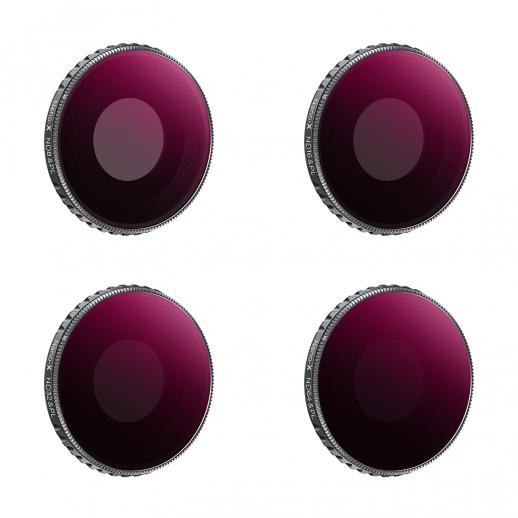
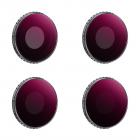
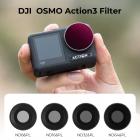
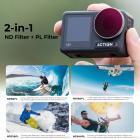
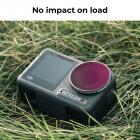
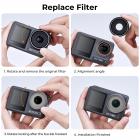
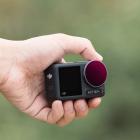
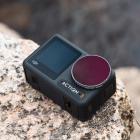
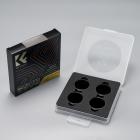
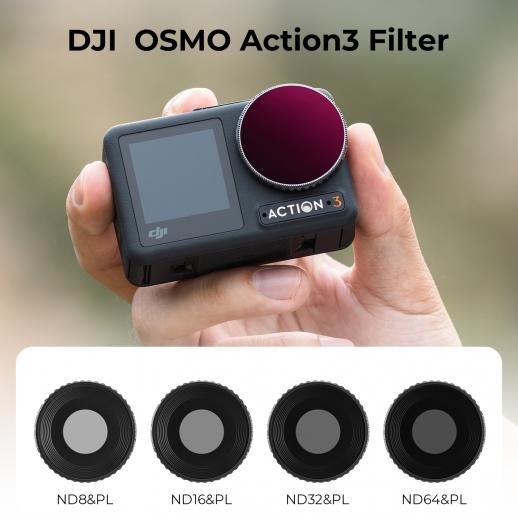
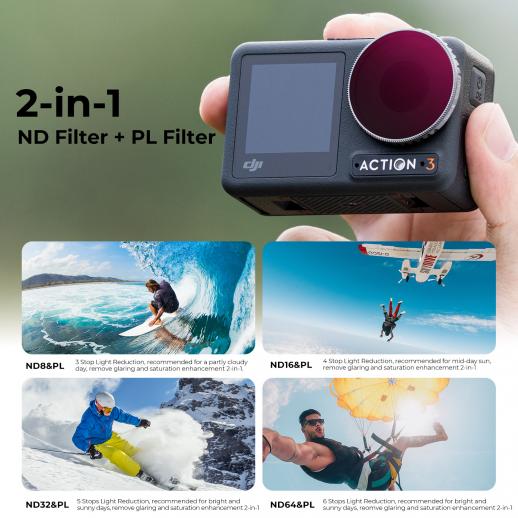
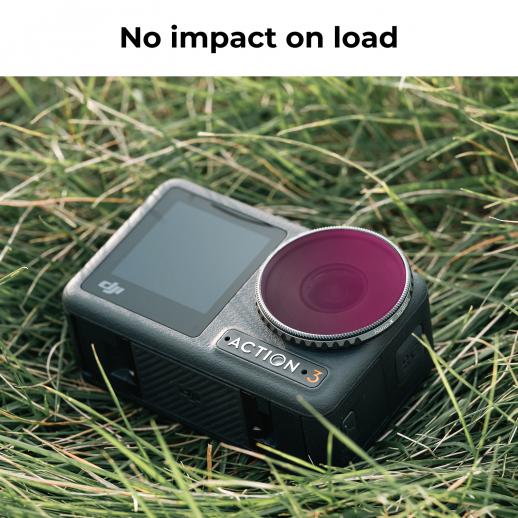
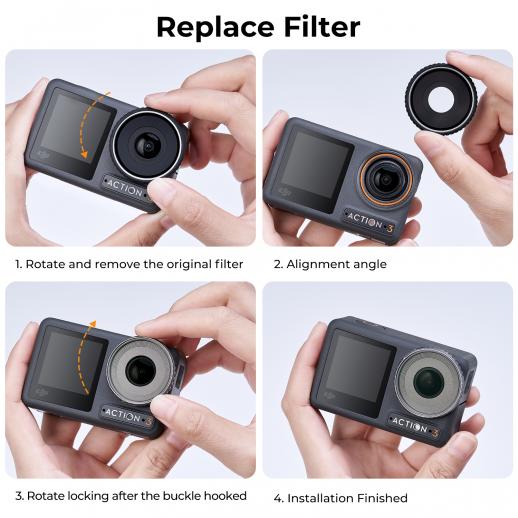
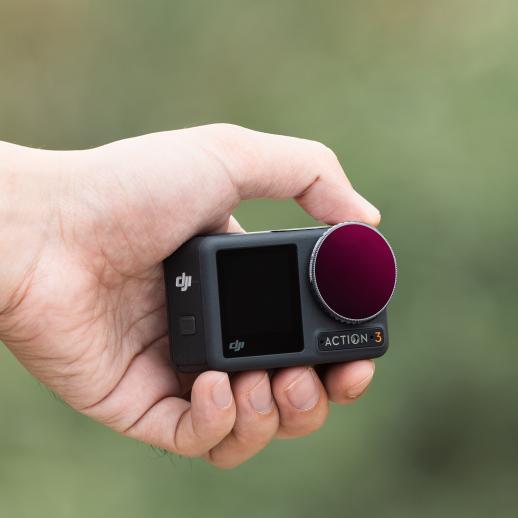
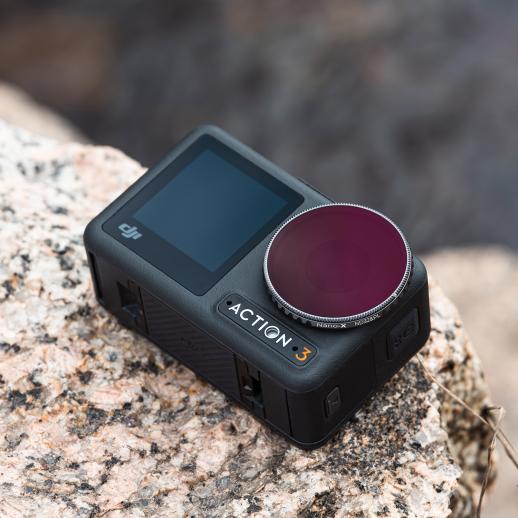
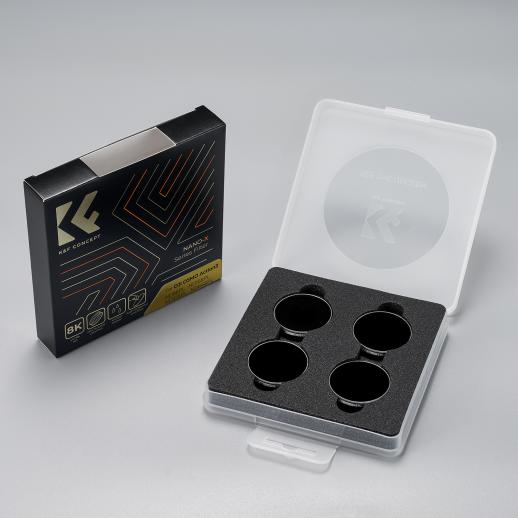
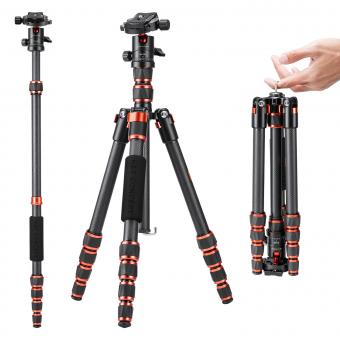
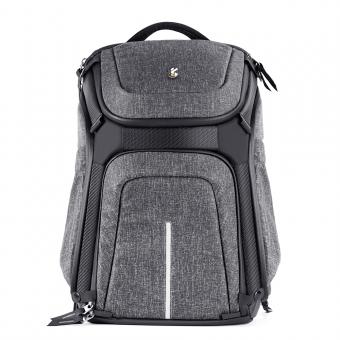
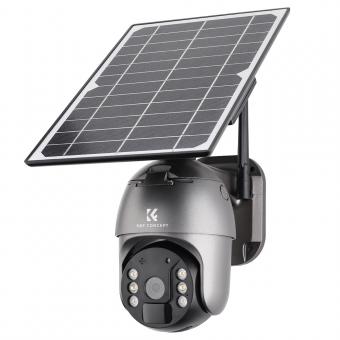
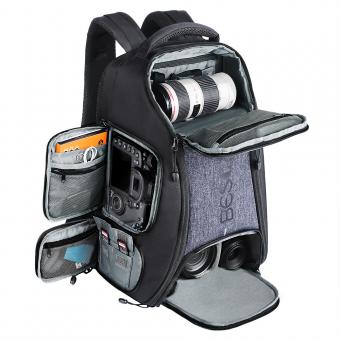
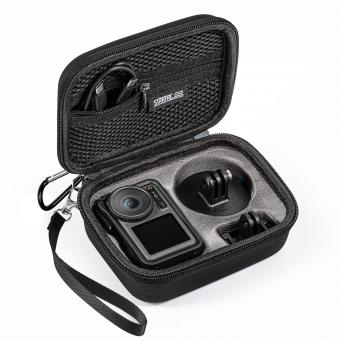
![Supfoto Osmo Action 3 Screen Protector for DJI Osmo Action 3 Accessories, 9H Tempered Glass Film Screen Cover Protector + Lens Protector for DJI Osmo 3 Dual Screen [6pcs]](https://img.kentfaith.com/cache/catalog/products/us/GW41.0076/GW41.0076-1-340x340.jpg)
